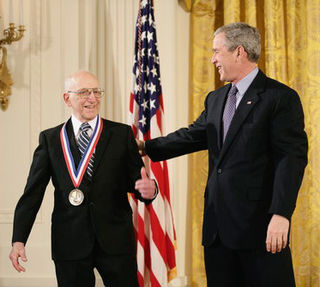A Quote by Rupert Murdoch
People are playing games on their TV, young men are, and people are shopping... they are not watching their news channels, but they are using their TVs for other things.
Related Quotes
Ironically, I must admit that I have an easier time (myself) playing games that are really simple and non-realistic - like the games I grew up with in the 80's - I tend to get lost and confused when the games get too complex! But I enjoy watching people who are good at playing games. I really enjoy playing games like Guitar Hero, where you feel like you're a great musician even if you're not.
Any real virtual reality enthusiast can look back at VR science fiction. It's not about playing games... 'The Matrix,' 'Snow Crash,' all this fiction was not about sitting in a room playing video games. It's about being in a parallel digital world that exists alongside our own, communicating with other people, playing with other people.
Most people just half-watch TV. They watch TV while they are doing many other things in the environment of their home. So, what they are doing goes through their ears as much as through their eyes. In television, the narrative and characters are in the foreground of everything, because you are watching TV as you do other stuff.
I don't have any TVs with their over-the-air receivers connected in my house. But when I'm in a hotel room or other places that have a TV, then I turn it on and flip the channels just like everybody else. I'm not immune to the lures of television. I just try to stay away from it because I like to read.
According to the American Psychological Association, the most effective stress-relief strategies are exercising or playing sports, praying or attending a religious service, reading, listening to music, spending time with friends or family, getting a massage, going outside of ra walk, meditating or doing yoga, and spending time with a creative hobby. The least effective strategies are gambling, shopping, smoking, drinking, eating, playing video games, surfing the Internet, and watching TV or movies for more than two hours.


































